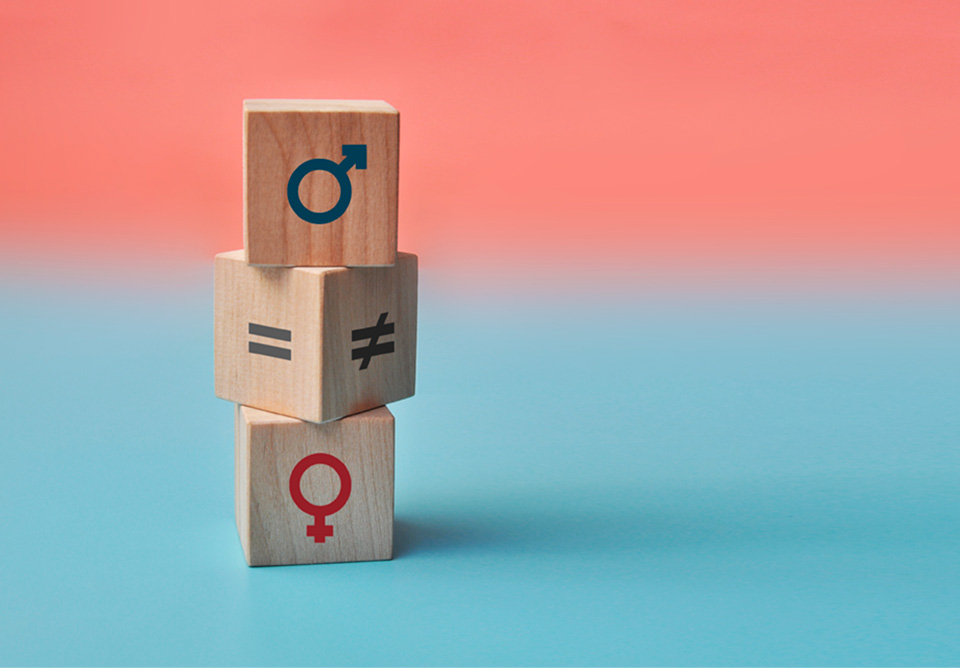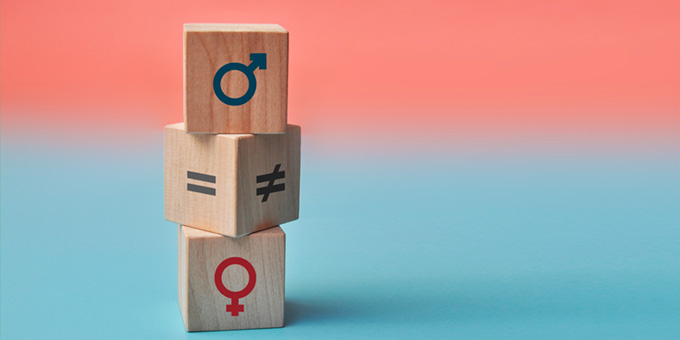Disparities in men and women's football tournaments
It is 2023, but discrimination in the organisation of men's and women's football tournaments is still a topic of discussion and concern across the world.
One of the most significant disparities is the difference in prize money between men's and women's tournaments. From local tournaments to the FIFA World Cup, men get significantly higher prize money compared to their women counterparts, despite the women's game gaining popularity and achieving success.
Additionally, equal pay is an ongoing battle for women footballers across the world. Only a handful of countries like US, Wales, Spain, Ireland, Brazil, England, Australia, Norway and New Zealand are committed to paying their men’s and women’s national teams an equal salary.
Women's football tournaments receive less media coverage compared to men's as we saw in the recently concluded IWL. This disparity affects the visibility and recognition of women's tournaments, making it more challenging for female players to gain exposure and build their careers. Matches are scheduled at less desirable times and receive limited or no broadcasting opportunities. This inequality affects the viewership and fan base of women's tournaments.
Women's football also continues to face disparities in the allocation of resources, including training facilities, equipment, and infrastructure. The quality and availability of training grounds, stadiums, and other resources is seen to have a direct impact on the development and performance of players.
There has historically also been a significant difference in financial investment and sponsorship opportunities between men's and women's tournaments, hindering the growth and development of women's football, with limited resources available for talent identification, coaching, and player development. The lack of investment in women's football infrastructure and grassroots development programmes create barriers for young girls aspiring to play the sport. Limited access to proper training and opportunities at a young age hinder the overall growth and talent pool in women's football.
Efforts are being made to address these disparities and promote gender equality in football but from the inside it all appears to be happening at a very slow pace.
Even though FIFA and various football federations around the world have initiated programmes and policies to support women's football and bridge the gaps that exist between men's and women's tournaments, it will be a long time before women’s football is free of these challenges and discriminatory practices.
If you know how you can contribute locally to bring about change, get in touch. Together we can advocate for change and say #NoFoulPlay.













Leave a comment on this post